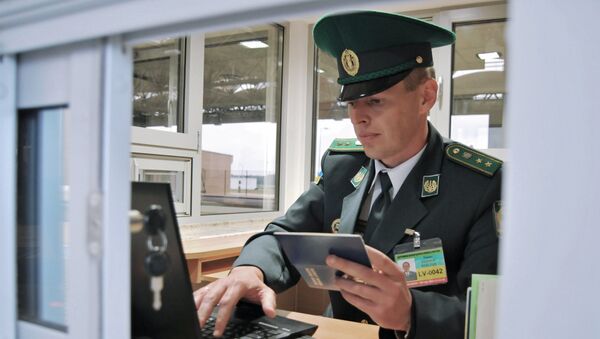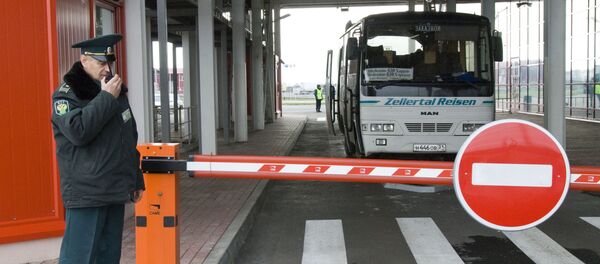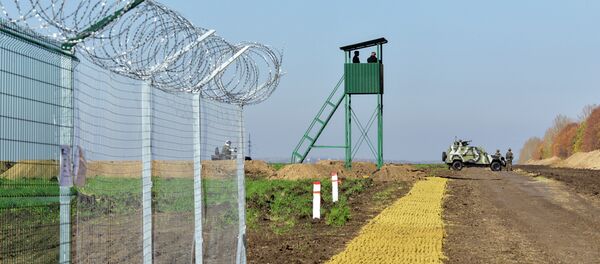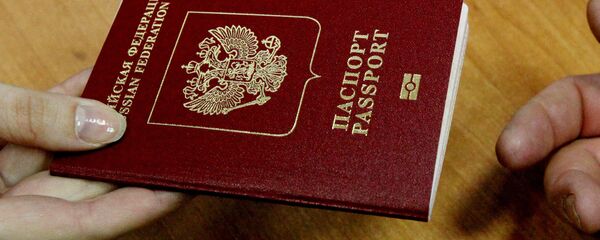Last week, Ukraine's National Security and Defense Council announced that Ukraine would be introducing biometric controls (including fingerprint and retina scans) on the country's borders starting in January 2018. Council head Oleskandr Turchynov said explicitly that the decision was primarily designed to target Russian citizens, who will also be made to undergo electronic preliminary registration prior to their arrival, and to inform authorities of the duration and purpose of their trip, and how long they intend to stay.
The new measures will effectively introduce restrictions on the visa-free travel agreement between the Russia and Ukraine, which has allowed millions of citizens from both nations to travel, live, and work in the other's country without a hassle.
In a brief commentary on Kiev's decision, Radio Sputnik contributor Svetlana Kalmykova recalled that experts are already calculating how much it will cost the country. "According to preliminary estimates, we're talking about hundreds of millions of hryvnia."
For one thing, from a technical standpoint, electronic registration will require the creation of a special database, with Russian citizens living in Ukraine entered into a special registry. It's worth noting, Kalmykova noted, that "Kiev does not presently have the technical capability to implement all of this. Some border crossing points are already equipped with biometric readers. However, when the policy enters into force, the border forces will require many more of them –and not just stationary readers, like in airports, but mobile ones – in railway cars and at automotive checkpoints," as well.
In other words, Kalmykova noted, "authorities in Kiev have once again demonstrated that they are willing to do anything and everything to break from Russia. No matter the price there is to pay for this – including for ordinary people."
"After all, Moscow may adopt a symmetrical response, and introduce biometric control and mandatory registration for Ukrainian citizens; this would affect not only the nearly five million Ukrainians temporarily or permanently working in Russia, but also their ten million plus family members back in Ukraine. This is almost a third of the country's population," the observer added.
"Moscow understands this, and therefore is not hurrying with radical measures. The Russian Foreign Ministry has said that for now, they will monitor whether these 'innovations' in Kiev are in line with the current bilateral visa- free travel agreement for Russian and Ukrainian citizens," Kalmykova concluded.




